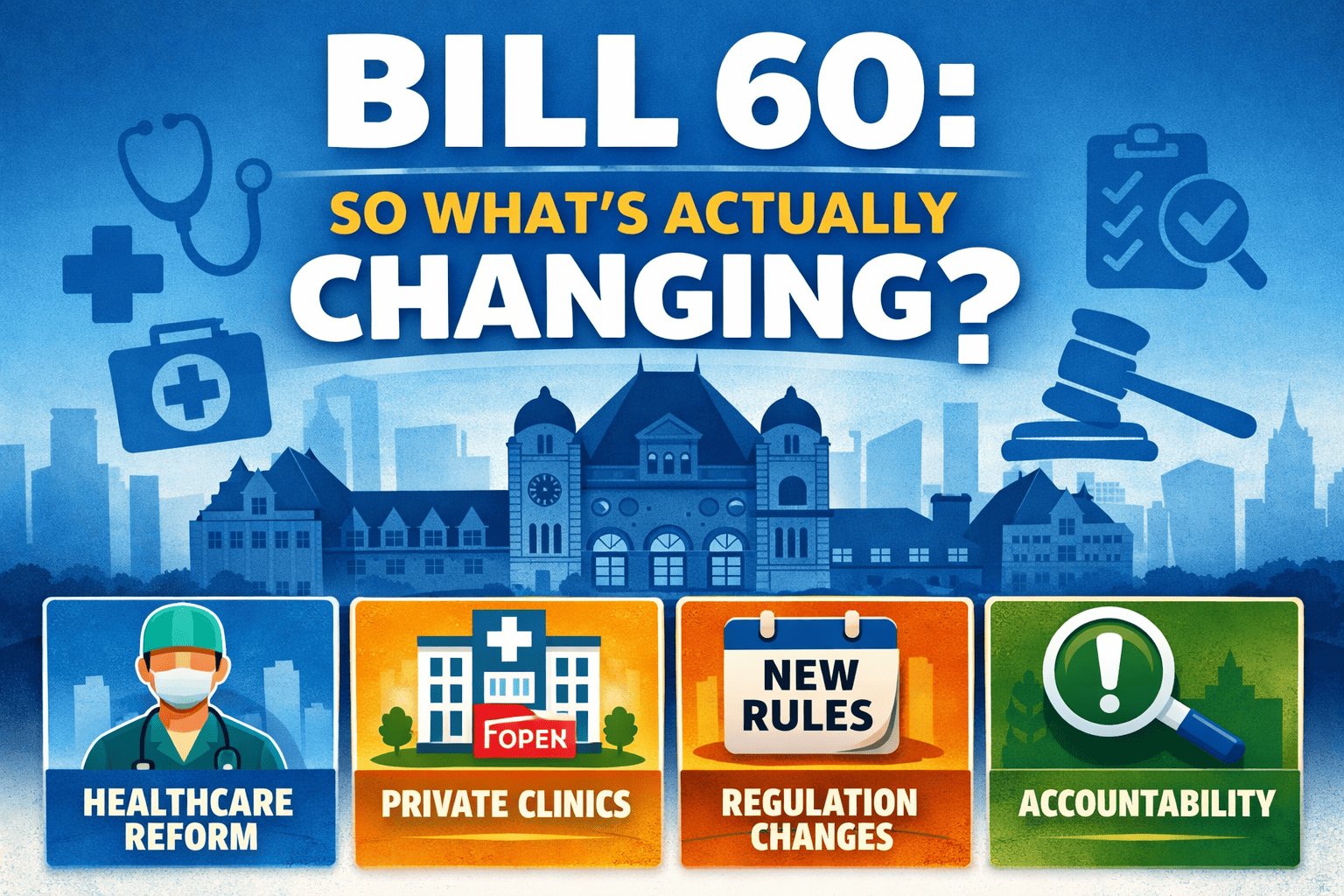Within the energetic Canadian condominium scene, compelling property management pivots on a solid, collaborative relationship between the condo board and the property management company. Whereas each substance has particular obligations, their synchronised endeavours are pivotal for the monetary wellbeing, administrative compliance, and by and large livability of the property.
This article dives into the complex mechanics of condo administration, the forbidden parts of the board and supervisor, and demonstrates strategies for cultivating a high-performing operational organisation.
The Condo Board’s Mandate: Governance and Oversight
A condominium board of directors, ordinarily comprised of volunteer proprietors chosen by their peers, serves as the governing body of the condo organisation. Their essential obligation could be a guardian one, safeguarding the corporation’s resources and acting in the best interest of all unit owners.
Key responsibilities of a Canadian condo board include:
- Establishing and enforcing the corporation’s bylaws.
- Approving operating budgets and making crucial decisions regarding reserve funds.
- Ensuring adherence to all legal obligations under the provincial Condominium Act. For more on legal requirements, explore our guide on Canadian property management legalities.
- Overseeing vendor selection and contract negotiation.
- Making long-term strategic decisions related to capital planning and property improvements.
For boards managing more extensive properties, a deeper understanding of multi-unit governance is essential. Learn more about the specific considerations in our blog on managing multiplexes.
The Property Manager’s Role: Execution and Expertise
The property manager functions as the board’s operational arm, responsible for the day-to-day implementation of board decisions and the smooth running of the property. They are typically licensed professionals bringing vital expertise to the table.
Core duties of a property manager often include:
- Coordinating routine maintenance and repairs. For insights into this, refer to our guide on property repairs.
- Facilitating communication with residents, contractors, and other stakeholders.
- Managing financial aspects such as rent collection and expenses, and providing detailed reporting. Discover more in our rent collection tips.
- Ensuring ongoing compliance with provincial condo regulations.
- Advising the board on building performance, potential liabilities, and best practices.
A critical, though sometimes overlooked, responsibility is maintaining impeccable financial integrity, including meticulous reconciliation of bank activity and transparent record-keeping. We delve into this essential process in our guide on landlord accounting and record-keeping practices.
You can also gain a comprehensive understanding of these services on our core property management solutions page.
Building an Effective Relationship

For optimal performance, the relationship between the condo board and the property manager must be built on a foundation of clear structure and mutual accountability.
Key strategies for success include:
- Clearly defined roles for both parties.
- Establishing formal reporting and consistent deliverables.
- Implementing performance reviews to ensure ongoing alignment.
- Holding regular meetings and ensuring shared access to important documentation.
- Involving the property manager in long-term planning.
If your board is in the process of evaluating potential management companies, our hiring a property manager checklist can serve as an invaluable resource.
Navigating Conflict and Compliance Risks
Common challenges in this partnership can include communication breakdowns, instances of operational overreach, or inadequate financial documentation. If left unaddressed, these issues can expose the condo corporation to significant legal and regulatory risks.
Therefore, partnering with a firm that possesses a deep understanding of compliance and governance is paramount. Ensure your management agreement aligns with all legal requirements by reading more on Canadian property management legalities.
Enhancing Resident Experience and Community Stability
A strong operational alignment between the board and manager extends its benefits far beyond just the board; it significantly elevates the entire resident experience. Residents in well-managed properties enjoy:
- Timely maintenance and updates.
- Clear communication.
- Fair rule enforcement.
- Transparent financials.
- Potentially higher resale and rental values for their units.
Conversely, poor governance or a misaligned management approach often leads to resident dissatisfaction, an increase in complaints, and ultimately, a decline in both the building’s condition and community trust.
If your property is located in Toronto or the surrounding areas, our Toronto property management services page details how we customize our services to meet the unique demands of the city’s multi-residential market. For a broader comparison, consider our article on condo vs. property management.
Concluding Thoughts
Condominium boards are more than fair policymakers; they are pivotal stewards of substantial real estate investments. Similarly, property managers are not just chairmen; they are indispensable partners in execution, guaranteeing compliance, and moderating risks.
The foremost fruitful condo communities are built upon strong systems, accountability, and shared leadership. At Manage Your Property, we are committed to bringing structure, accuracy, and strategic insight to each board we serve.
Whether your needs include advanced reporting systems, comprehensive full-service building management, or custom-fitted support for your property in Mississauga, Etobicoke, or North York, we are here to provide master help.





